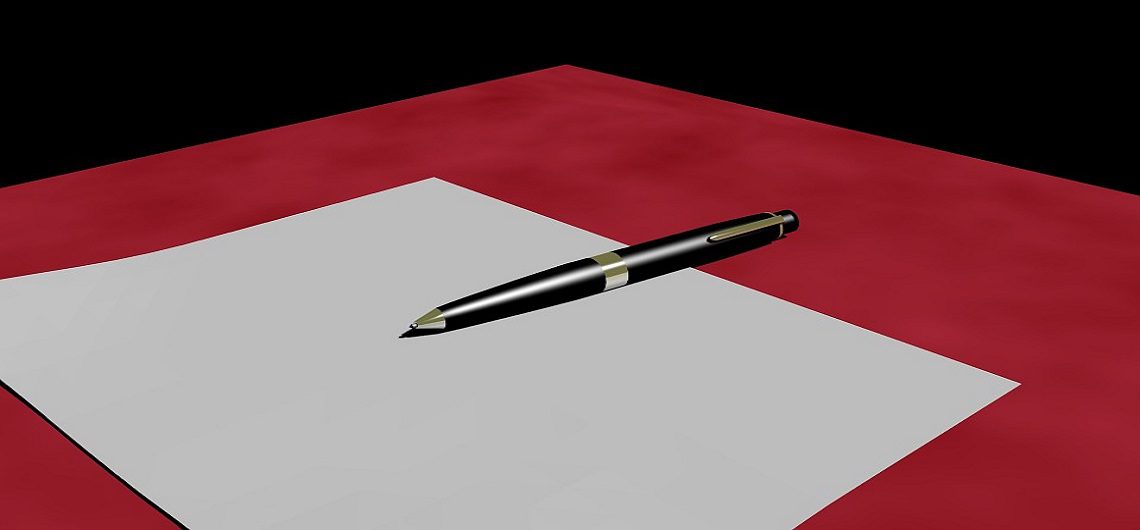by Ruaidhri Horan, Marketing Manager, Abrivia Recruitment
You have landed your dream job, you are keen to move on from your current employer, hand in your notice and swiftly move on. But hold on for a few minutes and take stock. An ill-conceived, ill thought out, hastily put together resignation letter can be easily taken as an insult by your current employer. This is of no benefit to you in regards your future career as you never know when you will need to ring your current employer seeking a job and character reference in the future. Below are some useful tips to ensure you get the fundamentals right.
- Who do I address?
Ensure that you are addressing your resignation to the correct person. This is often your immediate manager or your Human Resources department.
- Be clear that you are leaving
There should be no confusion here. Your intention to leave should be highlighted in the opening line of the opening paragraph. For example, you could commence your letter or e-mail with the line “I wish to inform you that I am resigning from my position of Chief Financial Officer, effective November 1st 2017. My last day of work will be November 1st 2017″. There is no doubt here as to the purpose of the letter and your leaving date, you can calculate this from the notice period in you Contract/Career handbook minus any outstanding holiday entitlements.
- Avoid complaining and keep positive
You don’t need to outline the gripes you had with your employer in your resignation letter as that could come across as spiteful. Instead, exemplify the positives and how the organisation helped you grow both personally and professionally. Also, if you enjoyed working in your current employment, be sure to mention this in your resignation letter. This will not only soften the blow for your current employer but will also make it easier for you to ring up and ask for a reference in the future.
- Be sure to thank your employer
The last paragraph of a resignation letter should include a thank you to your current employer for the skills, knowledge and experience you have acquired during their stewardship. It is important to finish off your resignation letter on a positive note, which will be recorded forever on your HR file.
Another good tip is to mention that you will provide help and assistance to ensure a smooth and seamless handover of your responsibilities to your successor. This will at least go some way to relieve one major concern for your current employer.
- What delivery channel to use?
Your resignation letter does not need to be printed. This will vary depending on the culture of your organisation. In a growing number of organisations, e-mails are the preferred option. If this is the case in your organisation, please ensure that the subject line in your e-mail is very clear and to the point as it can lead to an awkward situation if your e-mail is ignored. Good practice would be to request a read receipt in Outlook (or whatever your e-mail provider may be). The subject line should be simple, contain your name and be abundantly clear in regards the purpose of your mail. For example, the subject line could read “Seamus Power-Resignation”.
A hurried, ill thought out and ill formatted resignation letter can leave a bad taste in an employer’s mouth. However, a well-constructed carefully crafted resignation letter will not only help to soften the blow for your employer but will make it easier in the future when you must ring up looking for a job reference.








